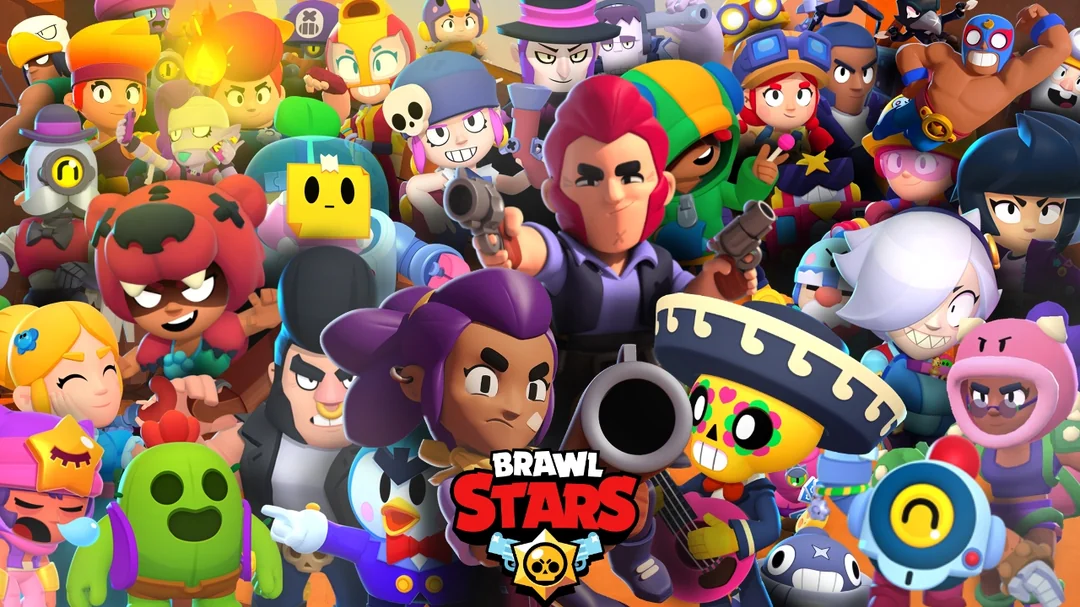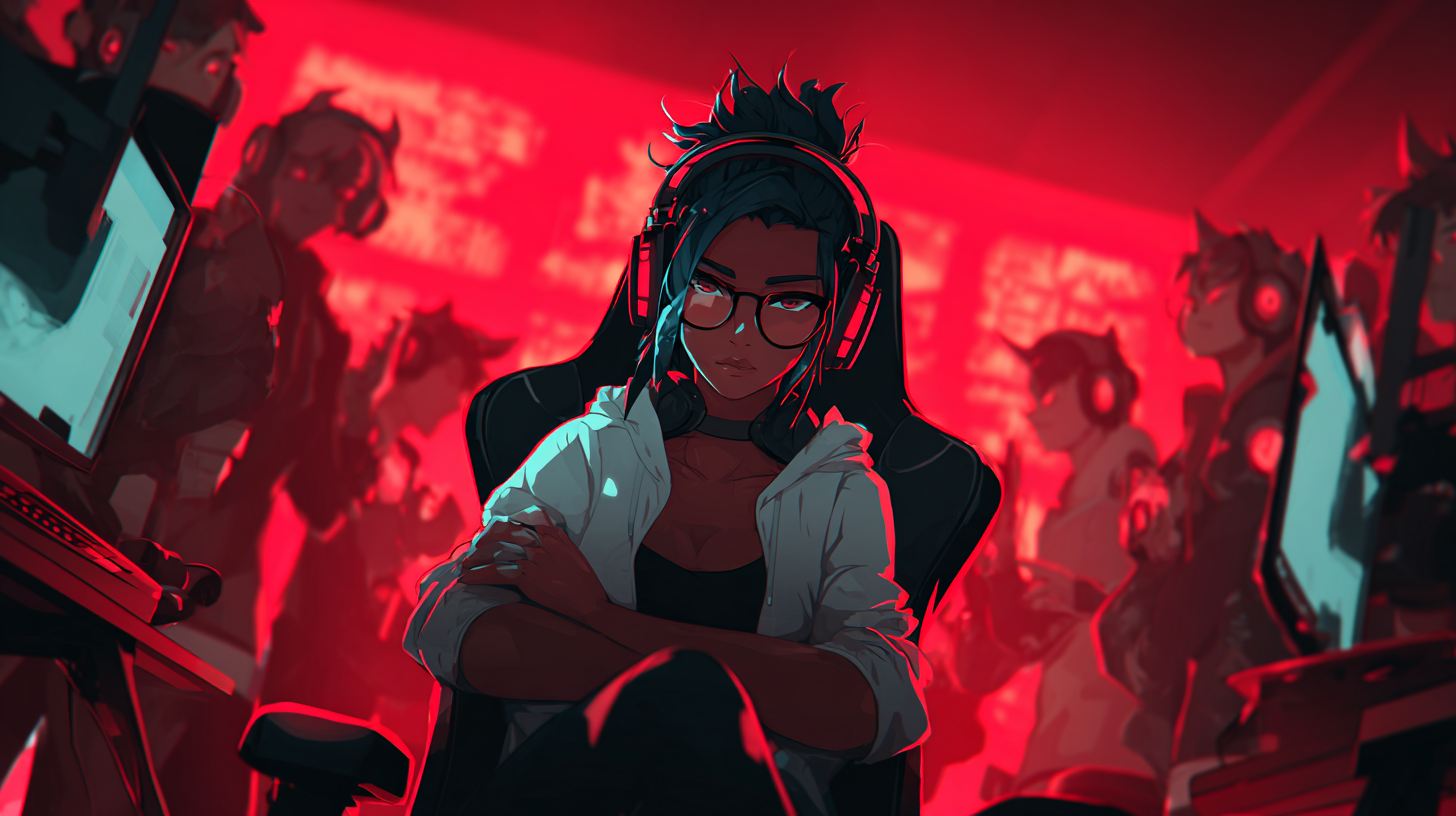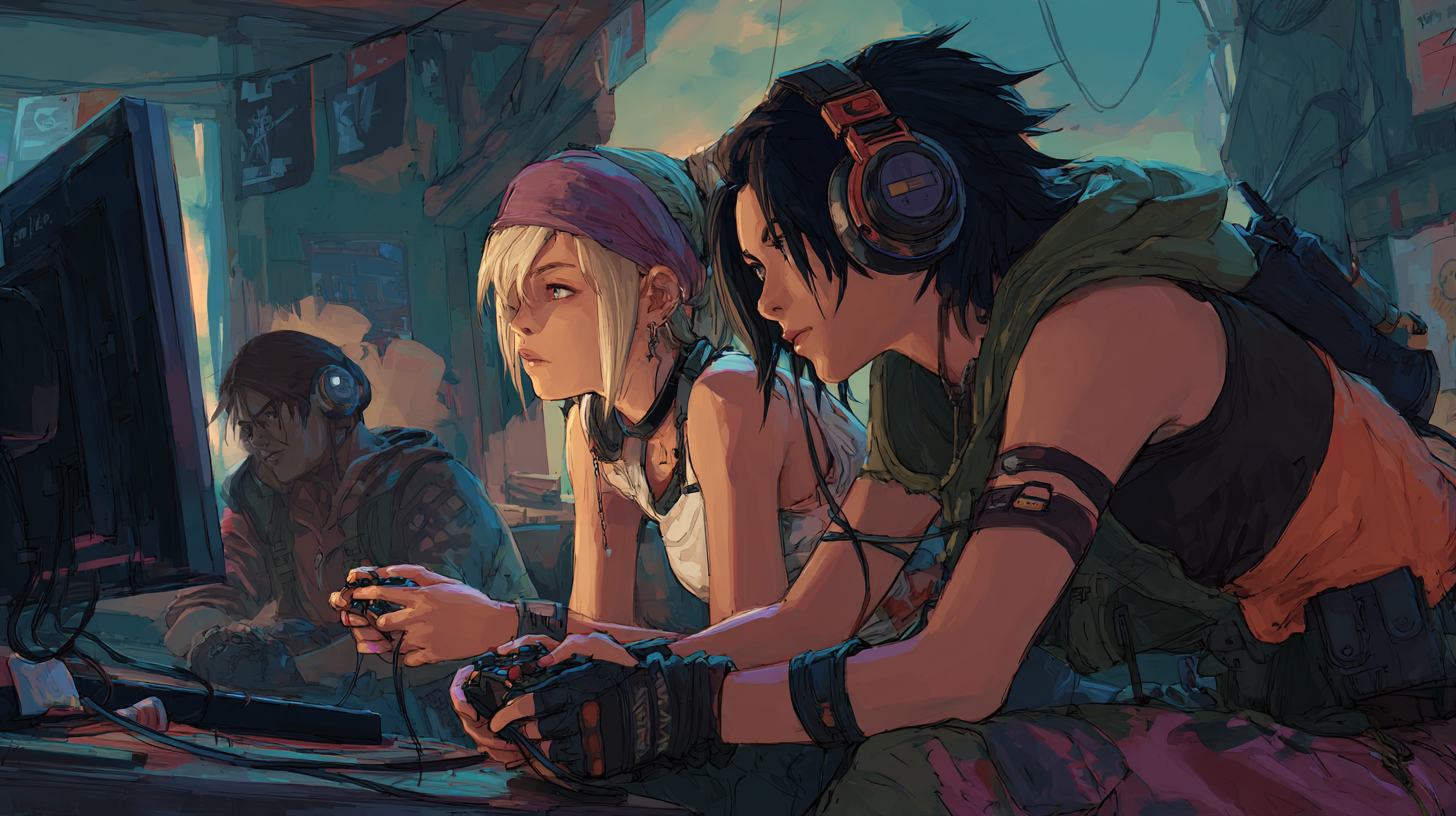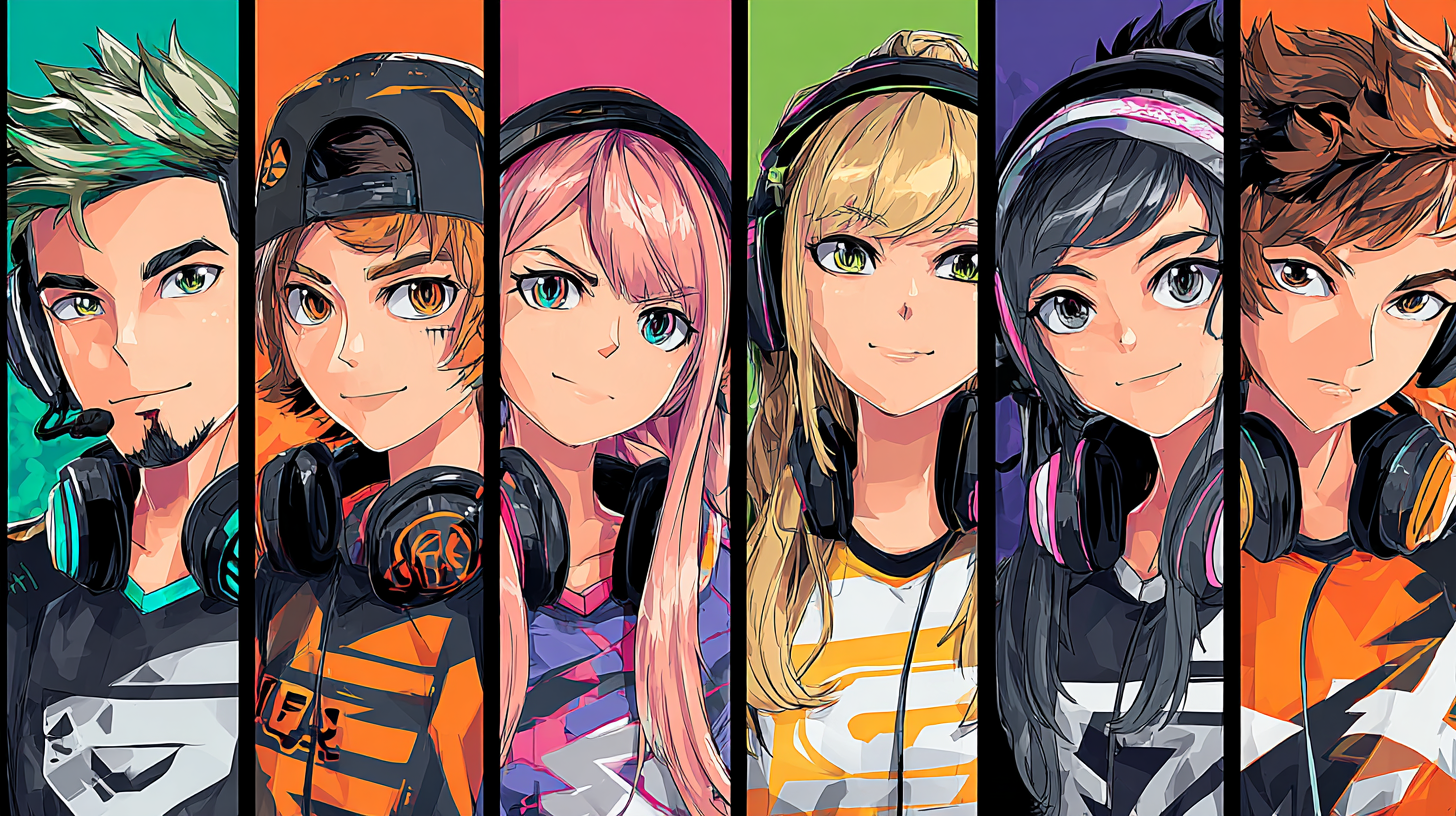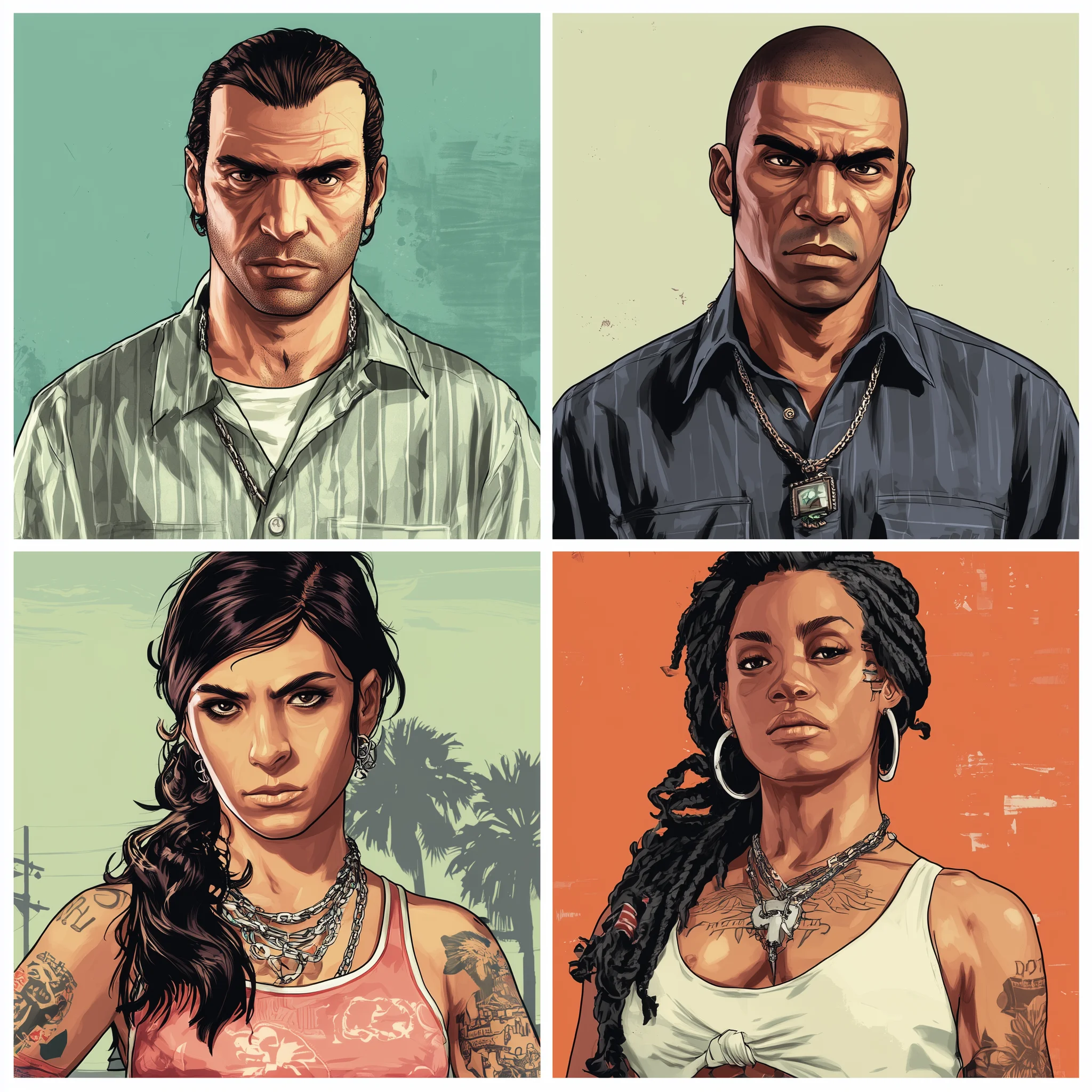You've built a Brawl Stars club with 30 members, but only five actually play regularly. Your club chat is dead, event participation is dismal, and members keep leaving for more active clubs. You're not alone – most Brawl Stars clubs struggle with the same engagement problem.
The difference between a thriving club and a ghost town isn't luck or prestige – it's intentional management. Active clubs with clear expectations, coordinated events, and engaged leadership consistently outperform casual clubs in retention, performance, and member satisfaction.
Introduction
Brawl Stars' club system offers powerful tools for building communities: club leagues, club events, shared rewards, and social features. Yet most clubs fail to leverage these tools effectively, leading to inactive rosters and constant member turnover.
After managing multiple top-tier clubs and interviewing successful club leaders, we've identified the core strategies that keep members engaged long-term. Whether you're starting a new club or revitalizing an existing one, these proven techniques will transform your club from a collection of names into an actual community.
While finding compatible teammates can be challenging, platforms like Jynx are making it easier with AI-powered matchmaking for mobile games, helping you recruit members who match your club's activity level and competitive focus.
Setting Clear Activity Requirements
Vague expectations kill clubs. Clarity builds communities.
Defining Measurable Standards
Your club needs specific, trackable requirements:
Daily/Weekly Minimums:
- "Play 3 days per week minimum"
- "Contribute 200+ club trophies weekly"
- "Participate in 1+ club event per week"
- "Check club chat every 2 days"
What Doesn't Work:
- "Be active" (too vague)
- "Play when you can" (no accountability)
- "Try to participate" (optional phrasing)
Specific numbers create accountability and make enforcement straightforward.
Activity Tiers for Different Player Types
Not everyone can commit equally – tier your membership:
Competitive Members:
- Daily play requirement
- Club League mandatory participation
- Higher trophy contribution
- Priority for organized events
Casual Members:
- 3-4 days weekly minimum
- Club League encouraged
- Standard contribution
- Event participation optional
Social Members:
- 2-3 days weekly minimum
- Focus on friendly matches
- Lower trophy requirements
- Chat engagement valued
This structure retains players with varying commitment levels without diluting competitive focus.
Tracking and Enforcement
Weekly Activity Audits:
- Review member contributions Friday/Saturday
- Identify inactive players
- Send warnings to borderline members
- Remove consistent non-participants
Warning System:
- First offense: Friendly reminder in club chat
- Second offense: Direct message explaining requirements
- Third offense: Demotion or removal
Consistent enforcement prevents favoritism and maintains standards. When members see you actually enforce rules, they respect them.
This is exactly why AI-powered matchmaking is revolutionizing how gamers connect – it takes activity patterns and commitment levels into account automatically, matching you with players whose gaming schedules and dedication align with yours.
Coordinating Club Events
Events build camaraderie and give members reasons to log in.
Club League Strategy
Club Leagues are your primary engagement driver:
Pre-Season Preparation:
- Announce participation expectations
- Create battle day schedule
- Assign teammates for coordinated pushes
- Set club trophy goals
During Club League:
- Daily reminders in chat
- Coordinate play times for group sessions
- Celebrate milestones (reaching next tier)
- Support struggling members
Post-League Review:
- Thank participants publicly
- Acknowledge top contributors
- Address low participation privately
- Plan improvements for next season
Setting Realistic Goals: Don't aim for Legendary I if your club isn't ready. Set achievable goals that create success momentum. Moving from Gold III to Gold I feels better than aiming for Diamond and failing.
Custom Events and Tournaments
Beyond official events, create your own:
Internal Tournaments:
- 1v1 Showdown brackets
- 3v3 mini-tournaments
- "Worst Brawler" challenges (fun variety)
- Monthly championship with small prize
Friendly Match Events:
- "Friday Night Friendlies" weekly
- Custom game modes
- Practice new brawlers together
- Low-pressure skill development
Trophy Push Events:
- Organized push parties
- Specific brawler focused nights
- Mutual support for rank 25+ pushes
- Shared strategy discussion
Event Communication
Poor communication kills events:
Effective Event Announcements Include:
- Clear date and time (with time zones if international)
- Specific participation requirements
- What to prepare beforehand
- Sign-up mechanism (if limited spots)
- Reminder 24 hours and 1 hour before
Communication Channels:
- In-game club chat (immediate visibility)
- Discord server (detailed planning)
- Club description (permanent reference)
- Direct messages (important reminders)
Ready to find your perfect gaming squad? Jynx's AI matchmaking analyzes playstyle, skill level, and personality to connect you with compatible teammates who share your event participation enthusiasm and competitive mindset.
Member Retention Strategies
Recruiting is easy. Keeping members is hard.
Creating Welcoming Onboarding
New member's first 48 hours determine if they stay:
Immediate Welcome:
- Greet every new member by name
- Explain club culture and expectations
- Invite to Discord or communication platform
- Offer help with brawlers or strategy
First Week Integration:
- Tag them in club events
- Invite to friendly matches
- Introduce to active members
- Check in on their experience
Members who make friends in the first week stay long-term. Those who feel invisible leave quickly.
Recognizing Contributions
Public recognition drives engagement:
Weekly Shoutouts:
- Top trophy contributor
- MVP in club league
- Most helpful member
- Best improvement
Role Assignments:
- Promote active members to Elder/Officer
- Create specialized roles (Event Coordinator, Welcome Committee)
- Recognition for non-competitive contributions
People stay where they feel valued. Even small acknowledgments matter.
Addressing Conflict Quickly
Drama spreads fast in small communities:
Common Club Conflicts:
- Disagreements over strategy
- Perceived favoritism
- Toxic behavior in chat
- Competitive jealousy
Resolution Approach:
- Address issues immediately, not days later
- Move heated discussions to private messages
- Listen to both sides before decisions
- Set clear behavioral boundaries
One toxic member can drive away five good ones. Protect your club culture proactively.
Building Sub-Communities
Large clubs need smaller connection points:
Battle Buddy System:
- Pair new members with veterans
- Create recurring duos/trios
- Organize specific time zone groups
Specialized Groups:
- Competitive push crew
- Casual friendly match players
- Brawl theory crafters
- Content creators/sharers
Members stay when they have specific friends and sub-groups, not just faceless club membership.
Leadership and Management Structure
No single person can manage 30 members alone.
Delegating Responsibilities
Officer Roles:
- Vice President: Second-in-command, enforces rules
- Event Coordinator: Plans and runs club events
- Recruiter: Scouts and welcomes new members
- Strategist: Helps with meta, brawler advice
Clear role delegation prevents burnout and creates leadership pipeline.
Communication Systems
Essential Platforms:
- In-game chat: Daily quick updates
- Discord/external chat: Detailed planning, VODs, strategy
- Announcements channel: Important club news
- General social: Community building
Don't force everything into in-game chat – it's too limited for complex coordination.
Managing Member Expectations
Set Boundaries:
- When you're available for questions
- Response time expectations
- Decision-making process
- Rule exception criteria
Leaders who burn out kill clubs. Sustainable management beats heroic effort.
Tools and Platforms for Club Management
Leverage technology to simplify management:
Tracking Tools:
- Brawl Stats websites (monitor member activity)
- Spreadsheets (track contributions, attendance)
- Discord bots (automate reminders, tracking)
Communication Platforms:
- Discord (most popular for clubs)
- WhatsApp/Telegram (mobile-friendly)
- In-app club chat (basic coordination)
Recruitment Platforms:
- Brawl Stars official recruitment channels
- Reddit r/BrawlStarsClubRecruit
- Community Discord servers
- Dedicated matchmaking platforms for consistent teammates
Modern matchmaking platforms designed for mobile gaming help you find members who already match your club's activity requirements and competitive focus, reducing recruitment trial-and-error.
Conclusion
Successful Brawl Stars club management isn't about gathering 30 random players – it's about building an engaged community with clear expectations, coordinated events, and thoughtful retention strategies. The clubs that thrive set specific activity standards, create regular engagement opportunities, and make members feel valued beyond their trophy contributions.
Start by defining clear activity requirements, implementing a consistent event schedule, and building welcoming onboarding for new members. With structured management and authentic community building, your club can become the active, engaged community you envisioned.
Download Jynx today and discover how AI can help you find the perfect Brawl Stars club members in minutes – players who match your activity level, competitive focus, and community culture.
Frequently Asked Questions
Q: How strict should activity requirements be? A: Strict enough to maintain engagement, flexible enough to retain good members. Start with 3 days weekly minimum and adjust based on results. Competitive clubs need higher standards than casual ones.
Q: How many officers should a club have? A: For a 30-member club, 3-5 officers is ideal. Too few creates leader burnout; too many dilutes authority. Focus on quality, engaged officers over quantity.
Q: What's the best way to recruit new members? A: Combine recruitment platforms with organic growth from members inviting friends. Quality members who fit club culture matter more than filling slots quickly with randoms.
Q: How do you handle inactive officers? A: Demote promptly but respectfully. Officer inactivity signals that standards don't matter. Thank them for past contributions and explain expectations for maintaining leadership roles.
Q: Should clubs be trophy-gated? A: For competitive clubs, yes – minimum trophy requirements ensure skill baseline. For social clubs, prioritize activity and attitude over trophies. Align requirements with club goals.
